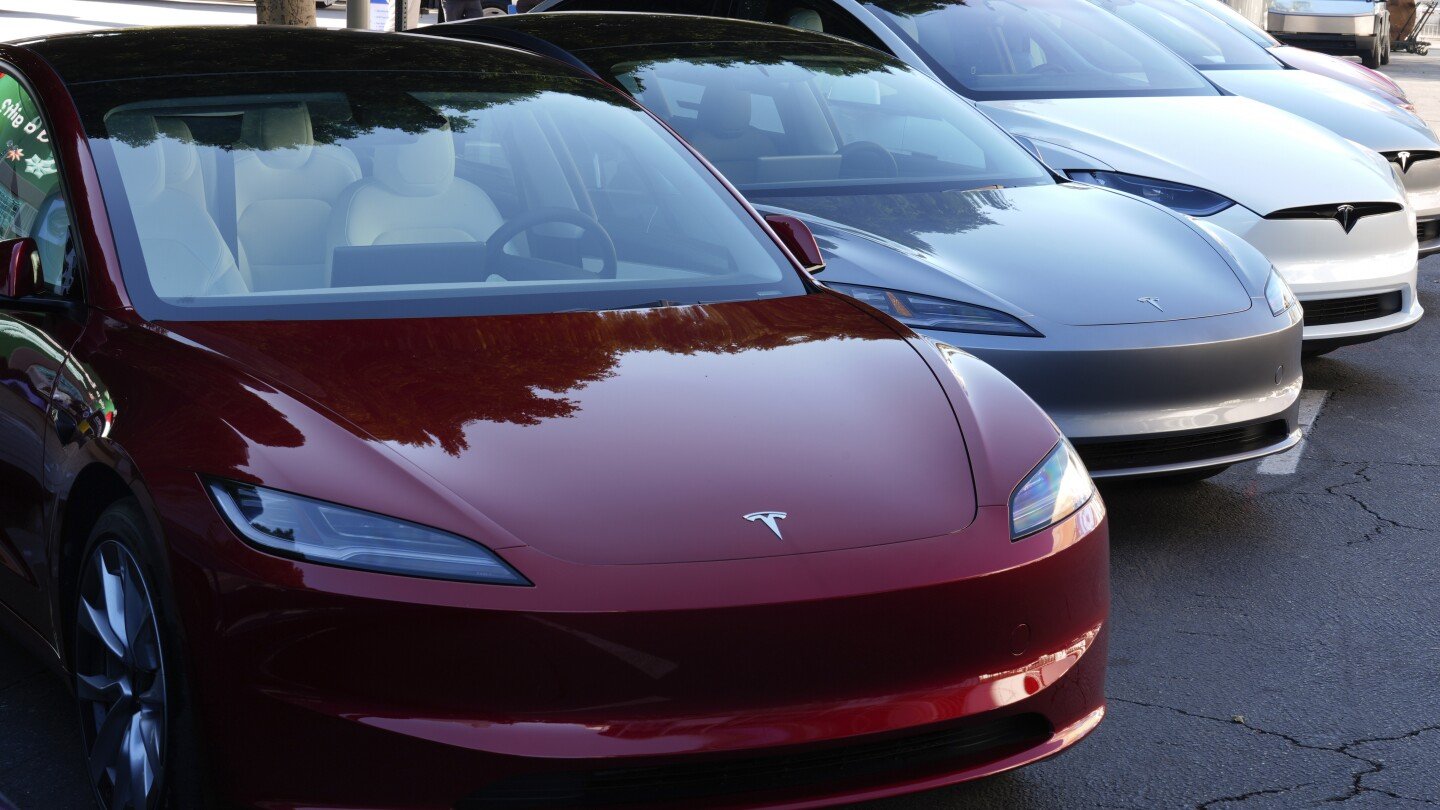This is not surprising.
I’m still personally in a position where I could not own an EV. A hybrid, sure. But an EV, I cannot charge because I’m in an apartment. EV ownership is tied to home ownership in a way that I see few people discuss.
You just charge at a supercharger once in a while, or plug in to an L2 that are all over the place. You don’t have a gas station in your appartment either.
Sure, but gas station availability is still significantly different than charger availability. And I don’t have to wait an hour at the gas station. False equivalency.
You don’t have to wait an hour. False premise.
Can I supply the entire range of the EV in 10 minutes?
If you buy a new Hyundai, pretty close.
When it changes from pretty close to yes, then it won’t be a false equivalency and I’d probably be in the market.
Edit: anyone disagreeing, can you explain how a technology that asks some population to change their behavior is expected to succeed? The EV asks its buyers to change their habits. It asks you to take the hit for the climate – while simultaneously using technologies like modern batteries which are straight up bad for the climate.
Asking these things to be at parity with gas (as in, can I fill my electric car with power with the same speed as a gas car) is not a lofty goal. It is the baseline goal for any other technology. EV tech will remain outside of the norm until those issues are addressed. The intentions don’t matter.
I want an electric Honda civic.
Me too! The Honda civics last forever!
Drumpf can suck my EV’s tailpipe
I own an EV, I will never buy another ICE vehicle.
That being said, they don’t make sense for everyone financially speaking, even if they come down in base price. They also don’t make sense for certain use cases, like towing long distances.
In places with high electricity prices, the cost to charge an EV one can be the same as paying for gas. Where I live, electricity is super cheap. It costs me about 2 cents per kilometer to drive my EV (I pay a little under 10 cents per kwh) and a gas equivalent model for my EV would cost a little over 10 cents per kilometer with current gas prices.
If I had to pay the electricity rates in California, Connecticut, Hawaii, etc. around 0.30 USD per kwh, that would mean I would be paying about 10 cents to drive a kilometer, the exact same as the gas price.
Blanket country wide adoption is not optimal in my opinion. Push EVs into the places that benefit from them most, congested commuting in cities with low electricity prices where they’re cheaper, more efficient (EVs are better in traffic), produce less emissions near where people live, etc.
Use that demand to give the industry time to solve the upfront pricing issues to get them on par with ICE vehicles. Once they come down to the price of a new ICE vehicle, then mandate those people in higher electricity areas because it won’t cost them more to do so.
As a former mechanic, I will never buy another gas vehicle. The cost of ownership from maintenance and repairs is several times more than an EV.
By replacing the gas drivetrain with a single electric motor you eliminate oil changes, transmission fluid and filter changes, air filters, spark plugs, spark plug wires, ignition coils, fuel filters, emission components like catalytic converters, the whole exhaust system, timing belts, oil pan leaks, front cover leaks, valve cover gasket leaks, differential fluid changes, fuel cost and on and on and on there’s so much more that will break.
I pay $15 a month in electricity when I used to pay $80-100 in gas for my Honda civic.
The difference in cost of ownership and reliability is way better with an EV.
The pricing problem isn’t inherent; manufacturers could make cheaper EVs, but are making most of them as premium models instead because they think they can (and likely do) make more money that way - same reason that almost nobody is building affordable housing, but rather luxury apartments.
It’s just going to take a bit of time. They’re focusing on luxury right now because it’s the highest profit per unit, and you always want to exploit the highest profits as a corporation. As they scale up, they will overflow the luxury market, which is why were starting to see cheaper options start becoming available. It’s a profit maximization strategy that has been around for a very long time for the introduction of new goods.
The housing thing is a different problem, because that’s dealing with a finite supply of land in places people want to live and the fact that people want things to stay the same “in their neihbourhood”
The economics are similar, but the solutions do differ. In the case of housing, we can build up in desirable areas while using the NIMBYs as biofuel.
You can make all the biofuel you want so long as it’s not made or burned in my backyard. The fucks a NIMBY?
You had me in the second half
I’ll continue buying ICE cars and save myself the money.





